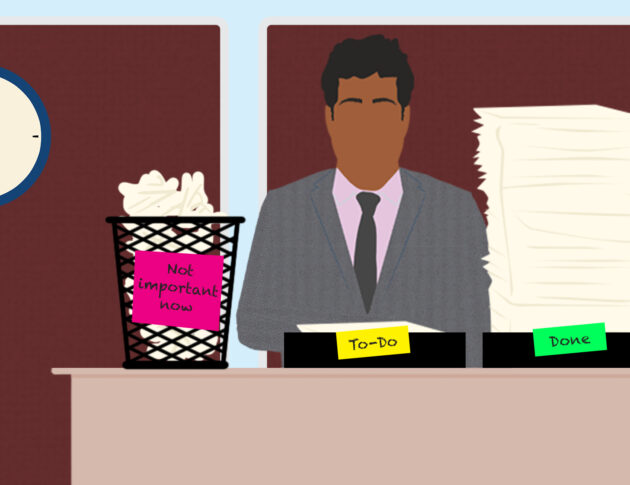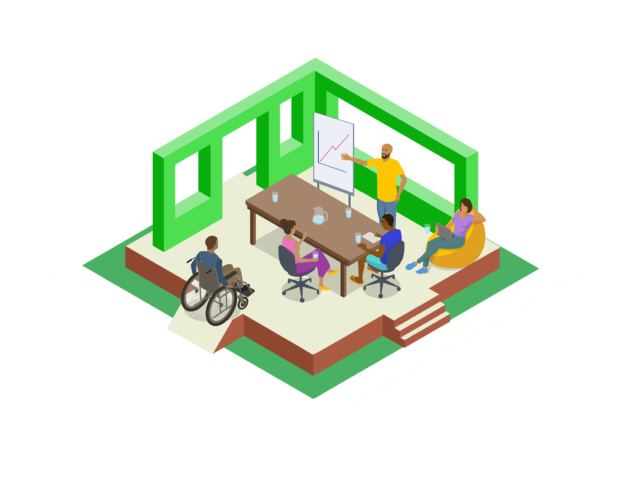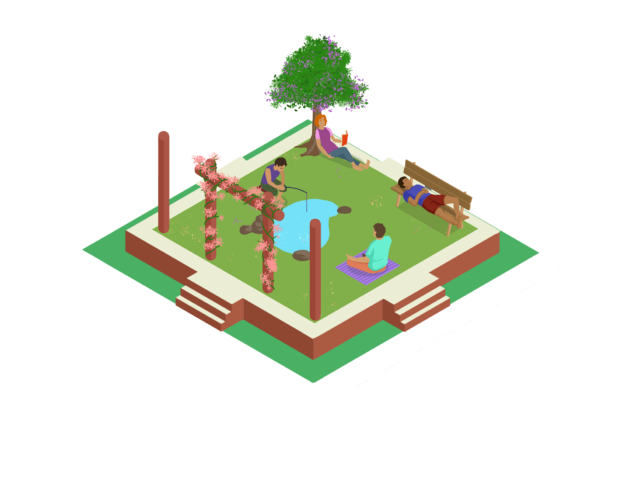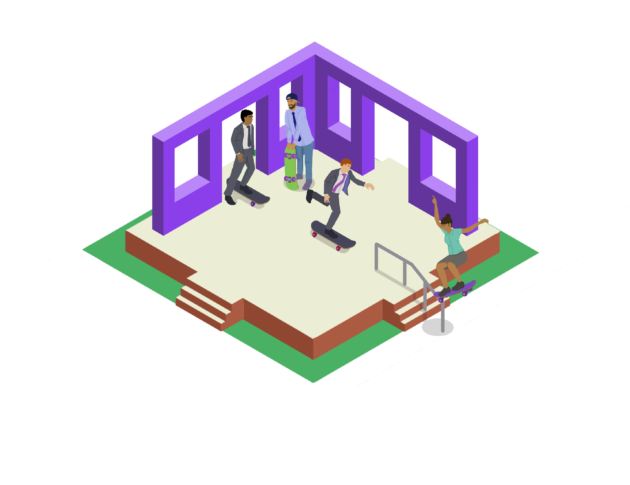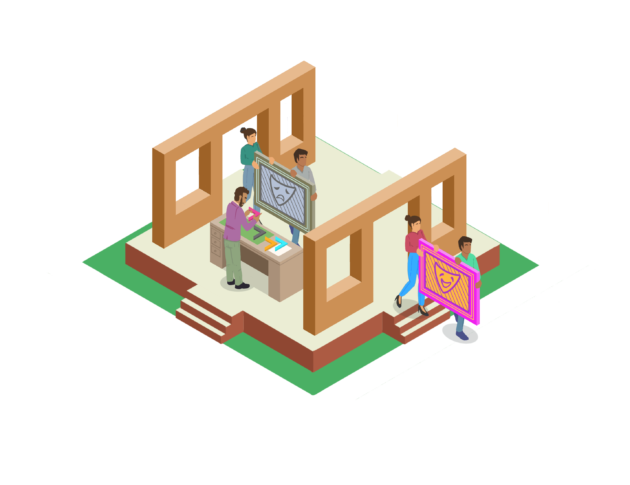11 May 2022 / Share
Stop stressing about stress
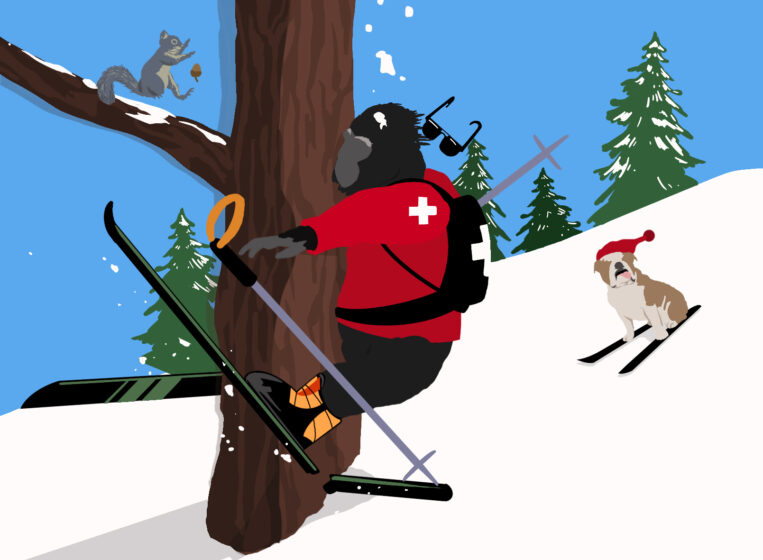
The processes, methodologies and materials we use at Frontline Mind are rooted in modelling real-world exemplars.
Frontline Mind founder Ian Snape spent ten years deep-diving into the intuitive decisions and patterns of behaviour of these exemplars to find ways of teaching them to others. One of the original people modelled was Gary Kuehn.
Gary Kuehn is a UIAGM Mountain Guide and Training Assessor. He divides his time between heliski guiding in Alaska and New Zealand, training and assessing avalanche 2 courses and teaching expedition medicine in Tasmania.
He has now begun collaborating with Ian on how to apply what we do at Frontline Mind to the context of mountain guiding across the globe. As a part of this, the pair have begun a series of articles for publication in The Avalanche Review. The first of these is entitled “Stop stressing about stress: In order to mitigate risk”. You can read an excerpt below.
A skier riding in trees needs to focus on the gaps while peripherally watching or listening for others.
If they focus on the trees then they hit the trees. Similarly a focus on the negative effects of stress (distress) can induce a nocebo effect, creating more distress. This has two implications for risk: distress inhibits high-quality decision-making, and distress is a risk in itself for the health of avalanche professionals.
By focusing on creating and maintaining resilience, we can eliminate the nocebo effect, minimize distress, and improve both risk-based decision making and the wellbeing of avalanche professionals.
As avalanche professionals, our association with risk is personal. Our decision-making often occurs under pressure, is highly consequential, and most of us have direct experience of loss or trauma. Compared with the general population, the likelihood and consequences of risks are high.
Stress is an internally created response. It does not adequately describe the environment or the interaction between the environment and our response.
An external event that is stressful for one person may be neutral or even beneficial for another. Most importantly, stressing about stress will induce stress through the nocebo effect—instead focus on resilience and what is needed to thrive in the operating context.
Resilience is about having the choice of how to respond to challenges, and potentially having that good stress if it is useful to you. You can prepare yourself for some of life’s demands, whether these are many small challenging events or one large challenge.



